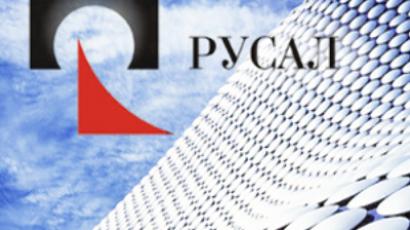Greek PM visit to focus on gas
Greek Prime MinisterGeorgios Papandreou is in Moscow for a two-day visit, and expected to meet Russian president Dmitry Medvedev, and Prime Minister Vladimir Putin on Tuesday.
While Greece's debts and parlous budgetary position is topping the headlines – the key item on the agenda for the Moscow talks is expected to be natural gas.
Greece is a key part of the Bourgas-Alexandropoulis pipeline which will carry the fuel from the Black to the Aegean Sea. The Greek PM told journalists in Moscow he expects the construction to begin within six months.
Greece is also involved in the Gazprom-led South Stream pipeline, and the imports almost all of its natural gas from Russia.
But the financial crisis dealt a heavy blow to bileteral trade between Russia and Greece – it fell 80 % last year, after reaching $7 billion in 2008.
Analysts say Russia is not expected to take part in the EU-organised bailout of the Greek government. But Sergey Khestanov, Executive Director at Finam Management says the Greek debt crisis could have a silver lining for European trade in making European exports more competitive, which could help the economic turnaround of Russia’s largest trade partner.
“The competitiveness of European industry rises as the Euro exchange rate declines. This is quite positive for manufacturers. Germany is first among them, as the world's second larger exporter. This process will balance itself – on one side, Greek troubles are hurting the euro; on the other the exchange rate helps European countries.”













